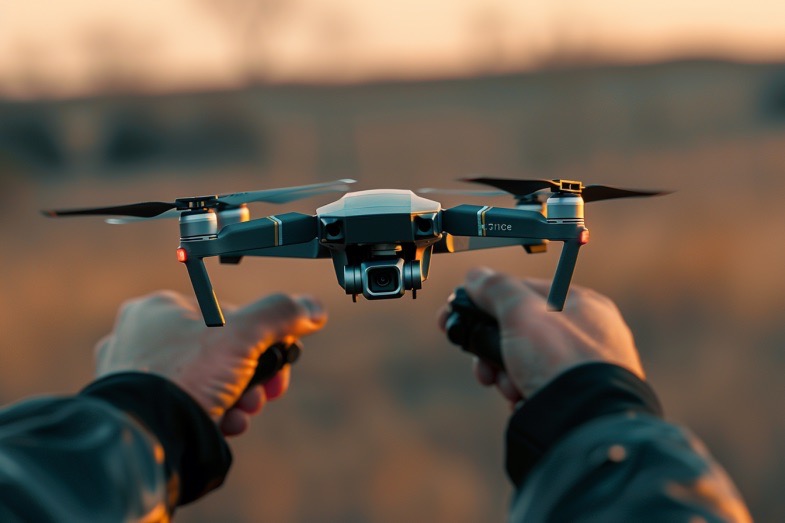US House of Representatives Approves $61bn Military Aid for Ukraine
KYIV — President Volodymyr Zelensky has expressed his gratitude to the US House of Representatives for approving a new $61bn (£49bn) package of military assistance for Ukraine after months of delays. He said the aid could save thousands of lives.
While it’s not uncommon for a country’s future to be decided by politicians, a nation’s very existence hinging on a vote 5,000 miles away is as extraordinary as it sounds.
For Ukraine, the six-month wait for this military package has been as costly as it has been frustrating. Dwindling ammunition has cost it lives and territory.
In this period of rare boosts for Kyiv, this was a biggie — the arrival of American weaponry will allow its beleaguered troops to do more than hang on. But it’s no silver bullet.
So, what is the package going to do?
It is likely to include air defense systems, mid to long-range missiles and artillery shells.
Ukraine’s recent lack of them has led to Russian forces capturing hundreds more square kilometers of territory.
When the aid arrives, Ukraine can potentially challenge Russia’s air superiority, frustrate their supply lines and slow advancing troops.
For Vitaliy, a serving soldier who we bump into in central Kyiv, it’s important to focus on the positives. “Every cent matters,” he said. “It is very much needed. We need everything. Every cartridge, every cent, every positive thought. We need all of it.”
When I was in the Donetsk region last month, soldiers said most of the artillery rumbles were coming from the Russian side. Cities like Kostyantynivka and Kramatorsk were bracing for what might be coming. This aid might save those cities.
It won’t give Ukraine the instant means to start liberating territory and force Russia back — but it gives a window for that to happen in the future.
The consensus in Kyiv and Washington is that without this American help, Ukraine would lose.
On a miserable Sunday morning, the warmth of the Kyiv metro will always beat the wet streets above. It’s where we meet Maxym, who’s pleased with the US aid finally being approved.
“I’m really happy about it,” he said. “I’m just a bit disappointed it took so long. Anyways, it’s better late than never.”
Maxym is frustrated by the growing debate over whether Ukraine should negotiate peace with Russia at the expense of territory.
“Russia doesn’t want to negotiate,” he explained. “They don’t want this middle ground that Europe and the US think will end this war. They want it all.”
We also meet a woman, Vita, holding her son’s hand and pulling him off a train. “How else can Ukraine survive without it?” she asks. “It can’t. We don’t have such an army and weapons.”
She then becomes emotional. “It’s impossible. We really want help, for our children to survive, so we wait.” She nods towards her son.
The past six months has not only revealed Russia’s dominance, but Europe’s inability to provide the same level of support as the US.
“We need to think about the hypothetical eventuality the next package of US aid might not pass,” said Mykola Bieleskov, a research fellow at the Ukrainian National Institute for Strategic Studies.
“That’s why it’s up for the UK and continental Europe to increase weapon production to meet Ukraine’s requirements.”
As for a realistic goal this year for Kyiv, Mykola hopes this American aid will help stabilize the front lines.
Despite the return of western unity behind it, the issue for Ukraine has always been the time it takes for help to arrive.
Russian President Vladimir Putin certainly doesn’t have to negotiate as many political hurdles when it comes to military spending.
Democratic delays aren’t exclusive to allies overseas —Ukraine has its own issues with mobilizing enough men for its war effort. A controversial conscription law has just been passed after months of debating and amendments.
The challenge for President Zelensky now is keeping the politics separate to the fighting. He’ll be under pressure to make this latest American offering count. — BBC



